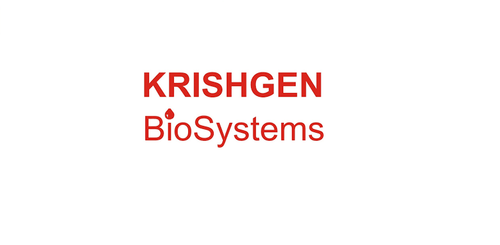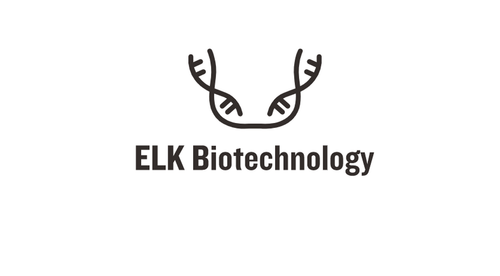Product Description
Mouse Ribonuclease pancreatic (RNASE1) ELISA Kit | AE22034MO | Abebio
Species Reactivity: Mouse (Mus musculus)
Abbreviation: RNASE1
Alternative Name: MGC12408; RIB1; RNS1; RNase upI-1|pancreatic ribonuclease
Application: ELISA
Range: 0.312-20 ng/mL
Sensitivity: 0.078 ng/mL
Intra-Assay: ≤5.3%
Inter-Assay: ≤10.3%
Recovery: 1, 04
Sample Type: Serum, Plasma, Other biological fluids
Detection Method: Sandwich
Analysis Method : Quantitive
Test Principale: This assay employs a two-site sandwich ELISA to quantitate RNASE1 in samples. An antibody specific for RNASE1 has been pre-coated onto a microplate. Standards and samples are pipetted into the wells and anyRNASE1 present is bound by the immobilized antibody. After removing any unbound substances, a biotin-conjugated antibody specific for RNASE1 is added to the wells. After washing, Streptavidin conjugated Horseradish Peroxidase (HRP) is added to the wells. Following a wash to remove any unbound avidin-enzyme reagent, a substrate solution is added to the wells and color develops in proportion to the amount of RNASE1 bound in the initial step. The color development is stopped and the intensity of the color is measured.
Product Overview: Pancreatic ribonucleases (EC 3.1.27.5, RNase, RNase I, RNase A, pancreatic RNase, ribonuclease I, endoribonuclease I, ribonucleic phosphatase, alkaline ribonuclease, ribonuclease, gene S glycoproteins, Ceratitis capitata alkaline ribonuclease, SLSG glycoproteins, gene S locus-specific glycoproteins, S-genotype-assocd. glycoproteins, ribonucleate 3'-pyrimidino-oligonucleotidohydrolase) are pyrimidine-specific endonucleases found in high quantity in the pancreas of certain mammals and of some reptiles. Specifically, the enzymes are involved in endonucleolytic cleavage of 3'-phosphomononucleotides and 3'-phosphooligonucleotides ending in C-P or U-P with 2', 3'-cyclic phosphate intermediates. Ribonuclease can unwind the RNA helix by complexing with single-stranded RNA; the complex arises by an extended multi-site cation-anion interaction between lysine and arginine residues of the enzyme and phosphate groups of the nucleotides
Stability: The stability of ELISA kit is determined by the loss rate of activity. The loss rate of this kit is less than 5% within the expiration date under appropriate storage condition. The loss rate was determined by accelerated thermal degradation test. Keep the kit at 37°C for 4 and 7 days, and compare O.D.values of the kit kept at 37°C with that of at recommended temperature. (referring from China Biological Products Standard, which was calculated by the Arrhenius equation. For ELISA kit, 4 days storage at 37°C can be considered as 6 months at 2 - 8°C, which means 7 days at 37°C equaling 12 months at 2 - 8°C) .
 Euro
Euro
 USD
USD
 British Pound
British Pound
 NULL
NULL












